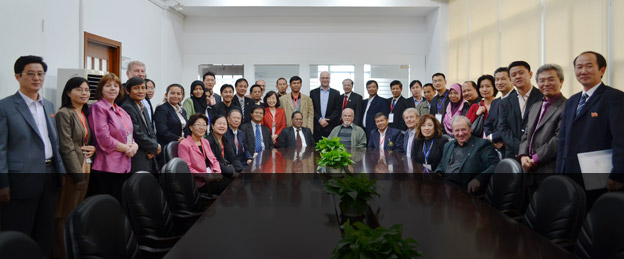Full issue 11
As a result of the decades long discussions about approaches of curricula development for TVET completely different perspectives have emerged. Above all the discussion on academic subject matters for different courses, concepts, articulation, and contextualisation of curricula or standard-based curricula are in the focus of interest. Curricula approaches, however, can not only be closely linked to learning theories – such as the constructivist learning principles and others. Curricula approaches might also give an orientation along the established and rather formal classifications of curricula such as learner-centred curricula approaches, spiral curricula approaches, the action-based learning approach etc. Furthermore, the design and the development of curricula – based on research – is an important issue for the establishment of suitable curriculum approaches that supports the development of quality in TVET and is matching the demands of the society and the labour market.



